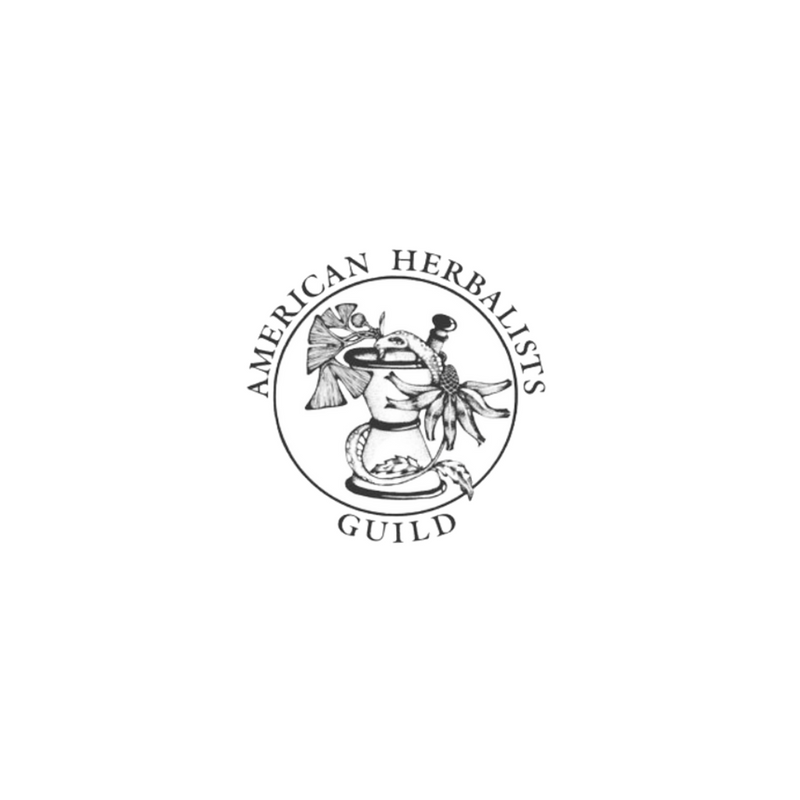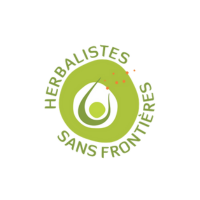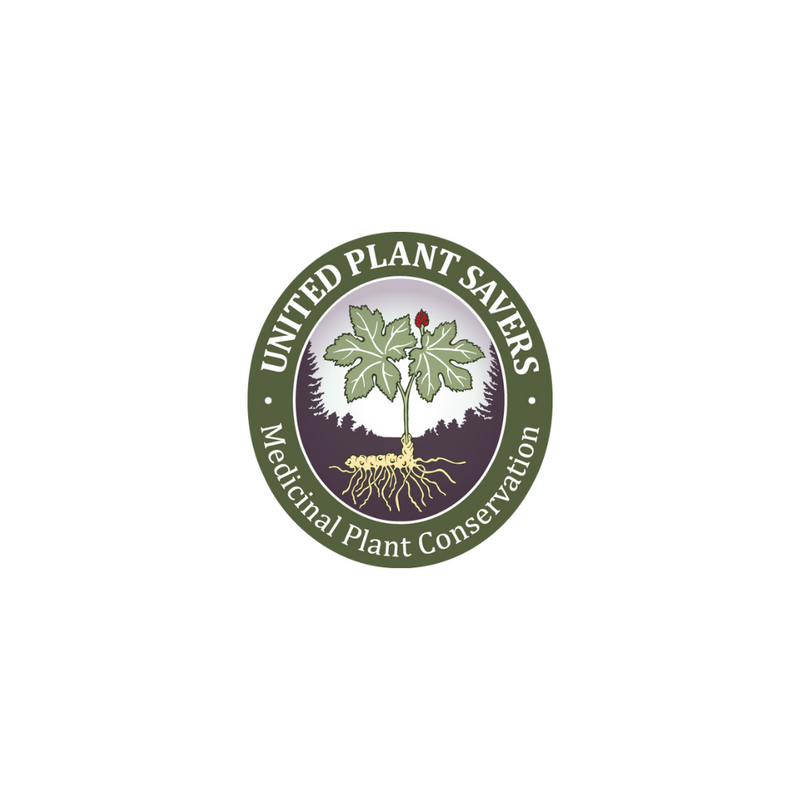Simples (Single Plant Tinctures) D-F
Simples (Single Plant Tinctures) D-F
One plant. One bottle. Infinite badassery.
Sometimes you don’t want the whole herbal marching band—you just want one rockstar plant doing its thing. That’s where our simples collection comes in: single-plant tinctures made the old-school way—just organic herbs, water, alcohol, and a whole lotta respect for nature’s finest.
Simples let you zero in on what actually works for your body without the guesswork. One plant, one purpose, one step closer to herbal mastery. Whether you're building your own apothecary, fine-tuning your wellness routine, or just vibing with your favorite green ally, simples give you the power to experiment, explore, and fine-tune your health like the wild botanical wizard you are.
We make tons of simples behind the scenes for our formulas, and now we're letting you raid the vault. Available in easy-to-carry 1 oz. glass dropper bottles—perfect for pockets, purses, and witchy utility belts.
Simples Collection: Pure plant power, no entourage required.
All information on historical use per plant listed below is for educational purposes only (the FDA makes us state this).
Dandelion leaf (Taraxacum officinale): Because sometimes your kidneys need a pep talk—and a mineral buffet. Dandelion leaf is basically a tiny green life coach for your urinary tract and liver. It boosts digestion, sparks your appetite, supports your immune system, and is packed with minerals to keep you running like a well-oiled (but toxin-free) machine. Bonus: it helps your liver tell fat to take a hike.
Dandelion root (Taraxacum officinale): For when your liver needs a good spring cleaning. Different from its leafy sibling, Dandelion root is your go-to for clearing heat, moving toxins, boosting milk production (hi, lactating folks!), and generally making your bloodstream less cranky. Western herbalists separate root and leaf, but TCM says, “Why not use the whole dang plant?”
Dong Quai (Angelica sinensis): The OG ‘period whisperer’ from TCM.
A.K.A. Female Ginseng, Dong Quai is here to hug your hormones, smooth out cramps, lift your spirits, and nudge your blood pressure back into behaving. It’s the botanical equivalent of a hot bath, chocolate bar, and therapy session rolled into one.
Echinacea (Echinacea purpurea): The bouncer at the door of your immune system.
The herb you actually want on speed dial for colds, flus, and infections. Grown right here in Ohio, Echinacea kicks germs to the curb while boosting your body’s natural defenses. Basically, it turns your immune system into the bad cop it was always meant to be.
Elderflower (Sambucus canadensis): For when you’re feeling hot, stuffy, and sneezy.
This cooling, calming flower is your go-to for fevers, colds, and generally feeling like a human humidifier. Elderflower says: “You can sweat it out without being a hot mess.” Bonus: it’s safe, gentle, and tastes like a polite hug.
Elecampane root (Inula helenium): Loosen that lung gunk like a pro.
Elecampane is the old-school respiratory powerhouse. Got a cough that sounds like you're auditioning for a haunted house? This root helps clear phlegm, calm wheezing, and supports those hardworking lungs through thick and thin (literally).
Eleuthro (Eleutherococcus senticosus): Tired? Fried? Generally over it? Meet your new stamina buddy. Siberian Ginseng isn’t here to pump you up like an energy drink—it builds your endurance, strengthens your mind, and helps you stay chill while the world burns around you. Adaptogen life: because resilience looks good on you.
Feverfew (Tanacetum parthenium L.): Migraines hate it. Herbalists love it.
This fiery little flower doesn’t just look cute—it punches headaches right in the aura. Long praised for its anti-inflammatory powers, Feverfew is the old-school (but still badass) herb for keeping migraines and tension at bay.
Figwort (Scrophularia nodosa): Gross name, glorious results.
Historically used for swollen lymph nodes, gnarly throats, and angry skin, Figwort is a detoxifier that works behind the scenes. Think of it as a grumpy old herbalist muttering, “You’re gonna feel better, whether you like it or not.”
(Real) Ingredients
(Real) Ingredients
We use real pronounceable ingredients that are ethically sourced and high quality for your product.
We either grow or work with local growers to source for our formulas. This supports the local economy, gives us the most potent plants & reduces reliance upon fossil fuels.
We make products from herbs that will grow here over herbs from the Amazon, China, or Africa. Oftentimes, those trendy herbs are taken in an unsustainable way & local people do not have access to their native medicines any longer. Bioregional herbalism is where it's at!
Packaging
Packaging
We are working to eliminate plastic from our packaging. Currently, 99% of our packaging is metal, glass, or paperboard. We are always looking for ways to eliminate microplastics from your body and the planet!
How to Use
How to Use
Herbal remedies, supplements, and tonics are fundamentally different from pharmaceuticals (and we like it that way). They are designed to restore your body and its systems to homeostasis gently- working with your body.
Specifics on dosages and administration for all products are in our FAQ. Find the FAQ in the menu under the "About" Section.
We post basic dosage guidelines, but keep in mind if you have more body mass or a faster metabolism than the average bear, you may need to take a larger dose than indicated. If there are hard-and-fast limitations on how often you can take the product, it will be listed on the package. Most can be used up to six times daily without problems (but we doubt that you would need to do that).
Remember, there are no "magic bullets" in life, and any product (herbal, pharmaceutical, or otherwise) claiming 100% success without knowing you, your constitution, and your lifestyle is lying and trying to get into your wallet. Often, herbalists (and MDs) need to try several products before we find the one that works for your unique biochemistry.
Feel free to email us if the product didn't quite do the job, we can recommend another that could do the trick. We are blessed with many plants that have the same action in the body- and often it's just a matter of finding the right one for you.
The Necessary legal-ese
The Necessary legal-ese
Haven Herbs is not your licensed medical provider and therefore cannot legally offer advice or products to diagnose, treat, or cure any illness.
The content on this site is not intended to substitute for advice given by a physician, a pharmacist, or another licensed healthcare professional. You should not use this information as self-diagnosis or for treating a health problem or disease.
Information and statements on this website regarding dietary supplements have not been evaluated by Health Canada or the FDA of the United States, and are not intended to diagnose, treat, cure, or prevent any disease or health condition. See a practitioner if any condition persists or worsens!
Share






